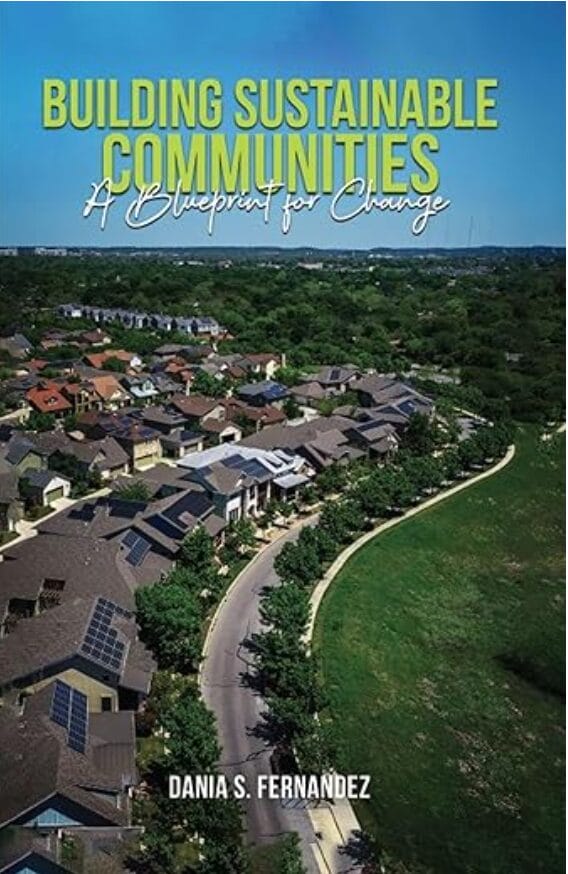
The process of running an HOA, condo association or other community association can impact the daily lives of everyone in the community so when meetings are held it can be very important for all association members to attend.
Meetings must usually be open to all members and all members must be given notice at least 48 hours in advance. Unit owners have both the right and the duty to attend and speak up on the agenda items that interest them.
The question then arises, when can a board hold a closed meeting?
There are only two exceptions to the open meeting rules: to meet with an attorney or to discuss personnel matters.
Section 718.112(2)(c)3, of the Florida Condominium Act speaks to these exceptions directly while the Florida Cooperative Act (Chapter 719, Florida Statutes) and the Florida Homeowners’ Association Act (Chapter 720, Florida Statutes) state the same exceptions for HOAs and other community associations.
Let’s take a closer look…
If, for example, your board is unsatisfied with the performance of your current community association manager and wants to hire a new one, then this would qualify for a closed meeting. You would be discussing an association employee so this would distinctly fall under the “personnel matters” exception.
In the other exception, in regard to meeting with an attorney, this closed meeting is allowed under the following circumstances: If the board needs to meet with a lawyer to discuss proposed or pending litigation, or if the board is meeting to seek legal advice.
This one was pretty straightforward. We know, it almost feels too simple. Don’t worry, we’re sure there will be plenty of complicated matters that you might need some support on. That’s what we’re here for.
With over 20 years under our belt, our team at Dania S. Fernandez & Associates is experienced at handling all legal matters involving condominium and homeowners associations. Let us know how we can be of service to your community.


We are a large condominium in Broward county.
A number of board members are not happy with representation we now have.
Recently there was a closed meeting. Owners are not happy with the management company as well. The board decided to say since management company is personnel the law allows meeting to be closed. We know this was an attempt to stop owners from speaking up about the problems.
The end result seems to be there is a new manager and our own owners are giving open work orders to management to help them.
We have lights out for over 3 years. Calls are not answered during the day.
This does not seem to be a good reason for a closed meeting.
This is a company acting as agent for all of us.
Not for a few to find a way to keep the company and therefore have a closed meeting. Though you are not our attorney, can we get a general opinion and how you would handle it. If a board wanted to do something you did not agree with, would you put it in writing so it is on the record. years ago we had that.
I live in a Condo Association and they wish to hold an Executive Board meeting to discuss our Management Company. Please note that it is a company that we contract with as opposed to an on-site W-2 employee.
Some board members claim that the Executive Session is allowed because they are “employees”.
I believe that the executive session only applies to true employees. Otherwise, we could have an Executive session about the company that cleans the Elevators or the Janitorial service we contract with.
Can I get an answer to this. I believe we can have the meeting, but it has to be open to all owners
I live in a Condo Association and they wish to hold an Executive Board meeting to discuss our Management Company. Please note that it is a company that we contract with as opposed to an on-site W-2 employee.
Some board members claim that the Executive Session is allowed because they are “employees”.
I believe that the executive session only applies to true employees. Otherwise, we could have an Executive session about the company that cleans the Elevators or the Janitorial service we contract with.
Can I get an answer to this. I believe we can have the meeting, but it has to be open to all owners
Hey! Do you know if they make any plugins to help with
Search Engine Optimization? I’m trying to get my blog
to rank for some targeted keywords but I’m not seeing very good gains.
If you know of any please share. Kudos!
Feel free to surf to my webpage … BASH (rostovfeya2.net)
Hi there, You’ve done a great job. I’ll definitely digg it
and personally recommend to my friends. I am confident they will be benefited from this web site.
Take a look at my webpage :: Mia culpa